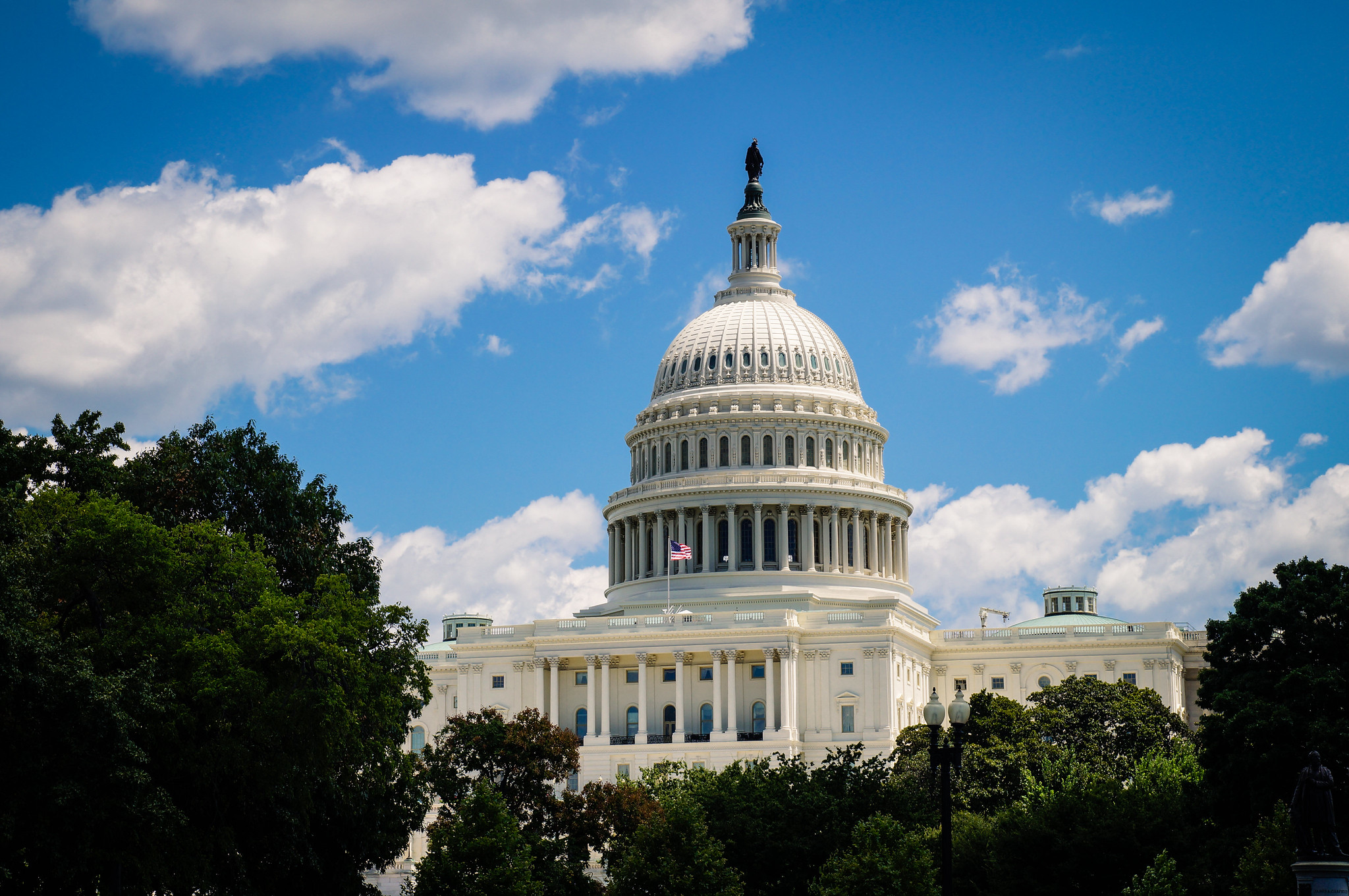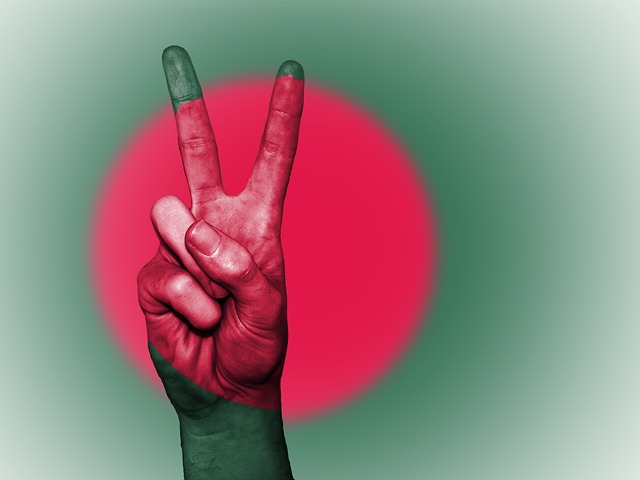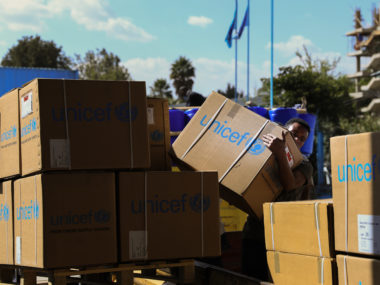By Juliana Restrepo Sanín for Denver Dialogues.
In a previous post, I discussed how women elected to public office often face forms of violence and harassment that their male counterparts do not face. Practitioners and academics studying this problem refer to it as violence against women in politics (VAWIP). In that post, I predicted that recently elected US Congresswomen would face harassment and violence.
Indeed, recently-elected Congresswomen—especially women of color—have reported threats and harassment since taking office. At least two men (see here and here) have been charged for sending death threats to Congresswoman Ilhan Omar, one of the first two Muslim women to serve in the US Congress. The threats against Omar further increased after President Trump targeted her on Twitter. Similarly, Representative Alexandria Ocasio-Cortez has blamed right-wing media for the “daily” death threats she receives.
Even if these attacks do not become physical, they represent a threat to democracy as an attempt to silence the voices of women (especially women from marginalized communities) and, in some cases, even subvert electoral results by either forcing them to leave office or change their policy positions.
This form of political violence is not exclusive to the US. In Latin America, women politicians and activists have discussed this problem since at least the 1990s, and both states and civil society organizations have created a wide array of strategies to address its causes and consequences. Similarly, international and domestic non-governmental organizations have developed various strategies to combat threats and violence against women in politics. Here are four of those strategies:
- The creation of associations of women in politics. These associations have been particularly common in Latin America. They work to support women politicians at all levels of government, facilitate communication, and create spaces for networking. In Bolivia, Ecuador, and Peru, these associations collect data on the prevalence of VAWIP, provide legal support for women who are victims, offer training programs so that recently-elected women know their rights, and draft bill proposals to criminalize VAWIP.
- Laws criminalizing VAWIP. At present, only Bolivia recognizes ‘political violence and harassment against women’ as a crime, but legislative proposals have been presented in seven countries across Latin America. The Bolivian law makes it a crime to harass, threaten, prosecute, or use physical, psychological, and sexual violence against women politicians. This innovative law recognizes that women politicians are in a more vulnerable position than their male counterparts due to the historical underrepresentation of women in politics and overall high levels of violence against women. Further, research has found that women in politics are very often pressured to resign by their male alternates or members of their own party. The law not only criminalizes these behaviors but makes electoral institutions responsible for designing strategies to guarantee women’s presence in politics. Seventeen Mexican states have similar measures. The Inter-American Commission of Women of the Organization of American States published a model law to serve as a template for similar measures in the region.
- Electoral protocols. In Mexico, electoral authorities have developed a protocol for action directed at multiple institutions. These institutions include the Specialized Attorney for Electoral Crimes, the Superior Electoral Tribunal, the Women’s Institute, the Victims’ Unit, and the Attorney General. The Protocol provides information about what gender-based political violence is, how to recognize it and differentiate it from other forms of political violence, its consequences, and what to do in cases of VAWIP. Importantly, the protocol gives each of the institutions mentioned above a clear list of procedures to follow when a woman candidate or elected official is attacked. With this protocol, there have been more than 200 cases of VAWIP reported to electoral authorities. Further, the Specialized Attorney for Electoral Crimes in Mexico developed a training website with information highlighting the procedures to follow in cases of VAWIP.
- Calls to action and gender-sensitive electoral observation. The National Democratic Institute launched the global call to action—#NotTheCost—in March 2016 to “help foster political environment that encourages women’s participation” in politics “without fear of violence or the threat of reprisals.” NDI has also created the “Votes without Violence” tool kit to help electoral observers and monitors develop strategies that are sensitive to gender differences.
Further, recognizing that VAWIP “constitutes a serious violation of women’s human rights” and threatens democratic governance, gender equality, and society as a whole, the UN Special Rapporteur on Violence against Women presented a report to the UN General Assembly in August 2018. This report urges state and non-state actors to take actions to “prevent and combat gender-based violence against women in politics and elections,” including adopting legislation, building state capacity to guarantee women’s security in parliaments, collecting data, and strengthening mechanisms for reporting and responding to VAWIP.
Violence against women in politics is a form of political violence that occurs in democratic and non-democratic, developed and developing countries. Creating effective mechanisms to prevent, address, and punish this form of gender-based violence is fundamental for strengthening political institutions and to achieving gender equality goals.







